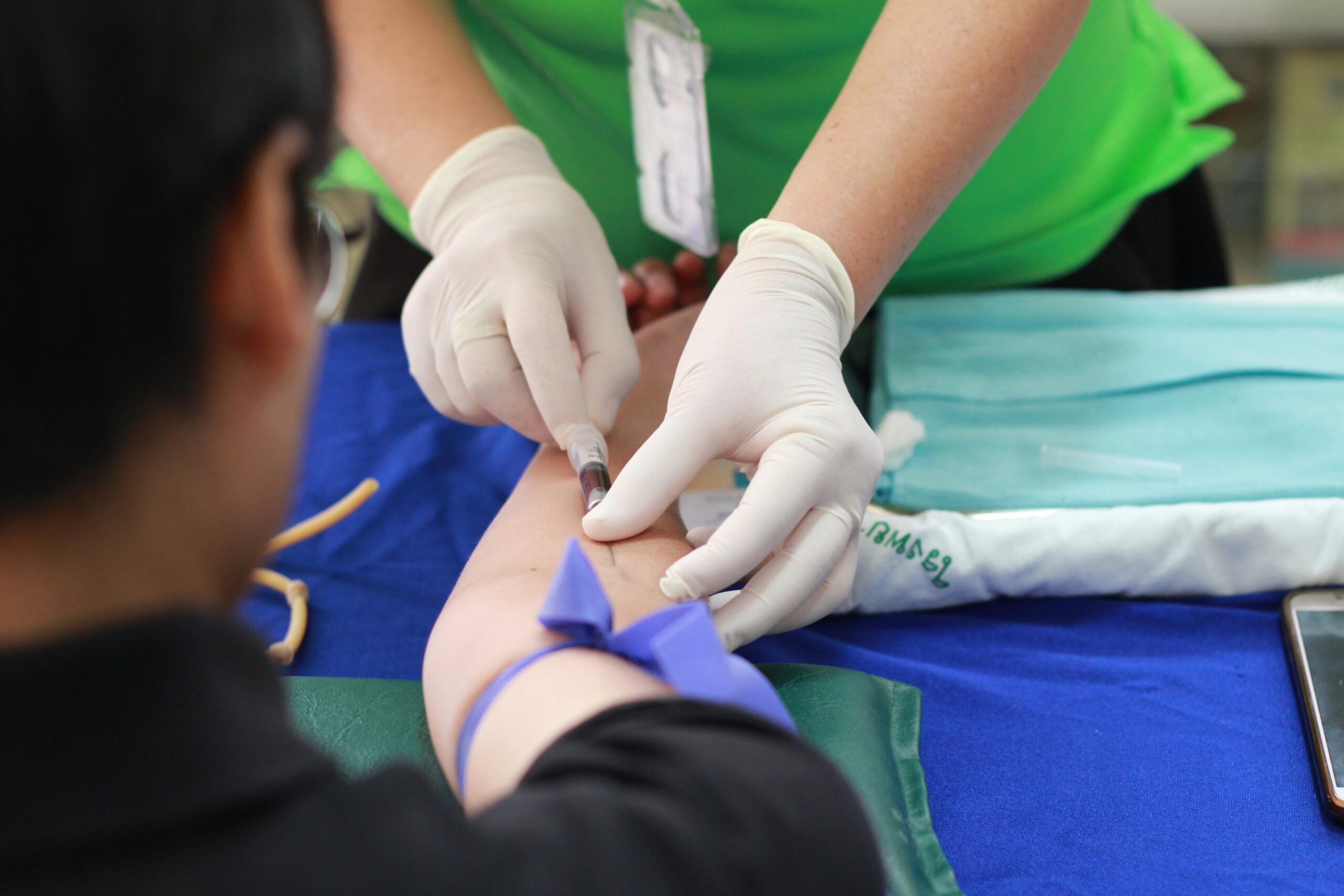
At some point, your doctor may recommend a Complete Blood Count (CBC) test. This test is often part of routine health checkups and provides valuable information about your overall well-being. Whether you’re experiencing symptoms like fatigue or just want to keep track of your health, understanding your CBC results can give you insights into what’s happening inside your body.
What Does a CBC Test Measure?
A CBC test measures several components of your blood:
- White Blood Cells (WBCs): These cells are the body’s defense against infections. A high or low WBC count can indicate infection, inflammation, or other conditions like immune disorders.
- Red Blood Cells (RBCs): RBCs are responsible for carrying oxygen throughout your body. Abnormal RBC levels can suggest issues like anemia or dehydration.
- Hemoglobin (Hb): Hemoglobin is the protein in red blood cells that carries oxygen. Low hemoglobin levels can indicate a risk of anemia, while higher levels may suggest other health conditions.
- Hematocrit: This shows the proportion of red blood cells in your blood. It helps your doctor diagnose and monitor conditions like anemia, dehydration, or other blood disorders.
- Platelets: Platelets are tiny cells that help your blood clot. A low platelet count can lead to excessive bleeding, while a high count might suggest an underlying health issue.
Why is a CBC Test Important?
A CBC test helps your healthcare provider assess your overall health and detect a variety of disorders, from infections to more serious conditions like cancer. It’s also a useful tool for monitoring chronic health problems, such as kidney disease, and for assessing how treatments like chemotherapy might be affecting your blood count.
What Your CBC Results Mean
Your doctor will explain the specifics of your CBC results, but here’s a general guide to what they can reveal:
- High WBC count: Could be a sign of an infection, stress, or inflammatory conditions.
- Low WBC count: May indicate bone marrow issues, immune system problems, or certain viral infections.
- Low RBC or hemoglobin levels: Often point to anemia, which can cause fatigue and weakness.
- High RBC levels: May occur due to dehydration, smoking, or living at high altitudes.
- Abnormal platelet count: Can indicate issues with blood clotting, which may require further investigation.
How to Prepare for a CBC Test
The good news? There’s no special preparation needed for a CBC test. It’s a simple blood test that takes just a few minutes, and results are usually available within a day or two.
At JITM Diagnostics, we make it easy to get tested. Need a CBC? Reach out to us today and book a sample pickup right from the comfort of your home!